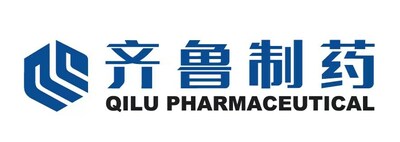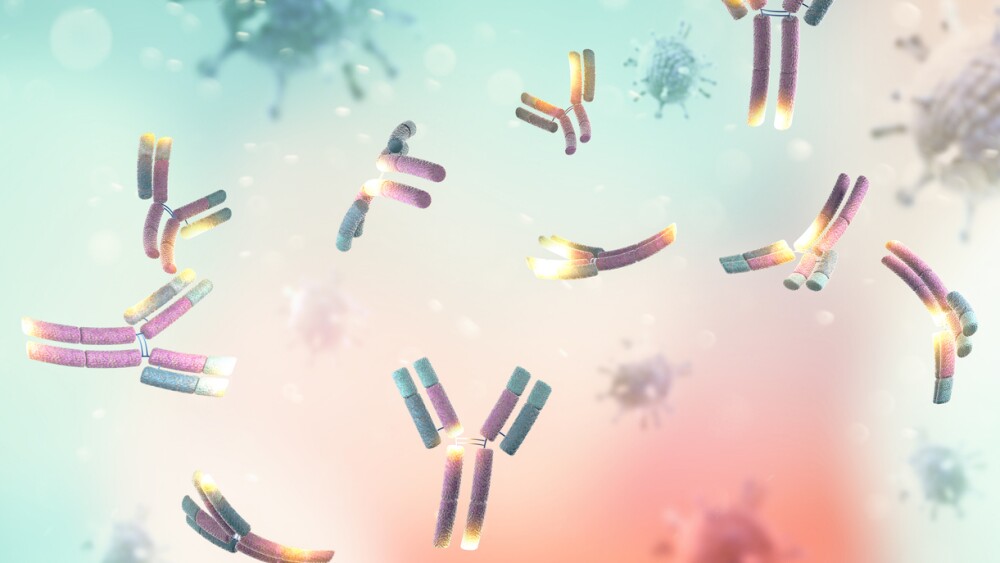During the ESMO Immuno-Oncology Congress 2023 held in Geneva, Switzerland, from December 6th to 8th, Qilu Pharmaceutical presented the latest results of the Phase I clinical trial for QLS31905 in patients with advanced solid tumors through a poster presentation.
JINAN, China, Dec. 11, 2023 /PRNewswire/ -- During the ESMO Immuno-Oncology Congress 2023 held in Geneva, Switzerland, from December 6th to 8th, Qilu Pharmaceutical presented the latest results of the Phase I clinical trial for QLS31905 in patients with advanced solid tumors through a poster presentation (Poster No. 132P). The leading investigator of the study is Professor Lin Shen from the Peking University Cancer Hospital.
QLS31905, developed by Qilu Pharmaceutical, is a bispecific T cell engager (BiTE) that targets Claudin18.2. The primary objective of this trial was to evaluate the safety, tolerability, and preliminary antitumor activity of QLS31905 in patients with advanced solid tumors.
Study Background and Design
Claudin18.2 is a highly specific cell surface molecule that is often abnormally expressed in primary gastric cancer as well as in other solid tumors such as pancreatic and esophageal cancers1,2. QLS31905 was designed to bind to Claudin18.2 on the surface of tumor cells and CD3 on the surface of T cells, leading to the sustained killing and lysis of tumor cells through the recruitment and activation of T cells near the tumor. This study enrolled patients with advanced solid tumors who had either failed standard treatments or for whom no standard treatment options were applicable or available. The trial consisted of two phases: dose escalation and dose expansion. In the dose-escalation phase, the accelerated titration and i3+3 designs were used. The dose levels of QLS31905 were incrementally increased, starting from 0.5 μg/kg once-weekly (QW), and escalated through 1.5 μg/kg QW, 5 μg/kg QW, 15 μg/kg QW, 45 μg/kg QW, 100 μg/kg QW, 200 μg/kg QW, 350 μg/kg QW, and up to 500 μg/kg biweekly (Q2W). The primary endpoints of this stage were the dose-limiting toxicities (DLTs) and the maximum tolerated dose (MTD), while secondary endpoints included safety, pharmacokinetics (PK), pharmacodynamics (PD) and immunogenicity. The dose-expansion phase focused on the objective response rate (ORR) as its primary endpoint. Secondary endpoints in this stage were the disease control rate (DCR), progression-free survival (PFS) and overall survival (OS).
Study Results
As of July 17, 2023, a total of 52 patients had been enrolled in the clinical trial, including 31 patients with gastric cancer and 12 with pancreatic cancer. During the dose-escalation phase, 22 participants received QLS31905 at 0.5 μg/kg QW to 350 μg/kg QW. The administration of the 500 μg/kg Q2W dose level is currently ongoing. In the dose-expansion phase, 30 patients had been enrolled and received QLS31905 at dose levels of 200 μg/kg QW and 350 μg/kg Q2W.
In terms of safety, no DLTs occurred, and the MTD had not been determined yet. Among all the participants, 21 (40.4%) experienced grade 3 or higher treatment-related adverse events (TRAEs), 10 (19.2%) experienced serious TRAEs, and two (3.8%) experienced TRAEs leading to the discontinuation of the treatment. The most common TRAEs included fever, which was observed in 30 patients (57.7%), nausea in 26 (50.0%), and a decrease in white blood cell counts in 18 (34.6%). Notably, grade 3 or higher cytokine release syndrome was reported in two patients in the 350 μg/kg QW cohort.
Regarding efficacy, out of the 27 participants who were evaluable for efficacy, the ORR was 11.1%, and the DCR reached 63.0%. Three patients achieved partial response (PR) and exhibited moderate to high levels of Claudin18.2 expression, including two patients with pancreatic cancer and one with gallbladder cancer. Furthermore, among the 14 patients who experienced stable disease, 8 reported a reduction in the size of target lesions, and 7 showed moderate to high Claudin18.2 expression.
In summary, QLS31905 has demonstrated favorable safety, tolerability, and preliminary antitumor activity in patients with advanced solid tumors. The Phase II clinical trial are now in progress to further assess the efficacy and safety of QLS31905.
References:
1. Sahin U, et al. Clin Cancer Res. 2008;14(23):7624-34.
2. Singh P, et al. J Hematol Oncol. 2017;10(1):105.
![]() View original content to download multimedia:https://www.prnewswire.com/news-releases/qilu-pharmaceutical-announces-results-from-phase-i-clinical-study-for-its-novel-bispecific-antibody-qls31905-at-esmo-immuno-oncology-congress-302011984.html
View original content to download multimedia:https://www.prnewswire.com/news-releases/qilu-pharmaceutical-announces-results-from-phase-i-clinical-study-for-its-novel-bispecific-antibody-qls31905-at-esmo-immuno-oncology-congress-302011984.html
SOURCE Qilu Pharmaceutical Co., Ltd.





